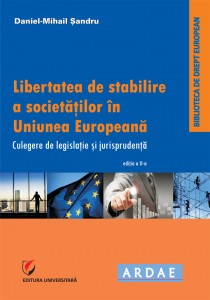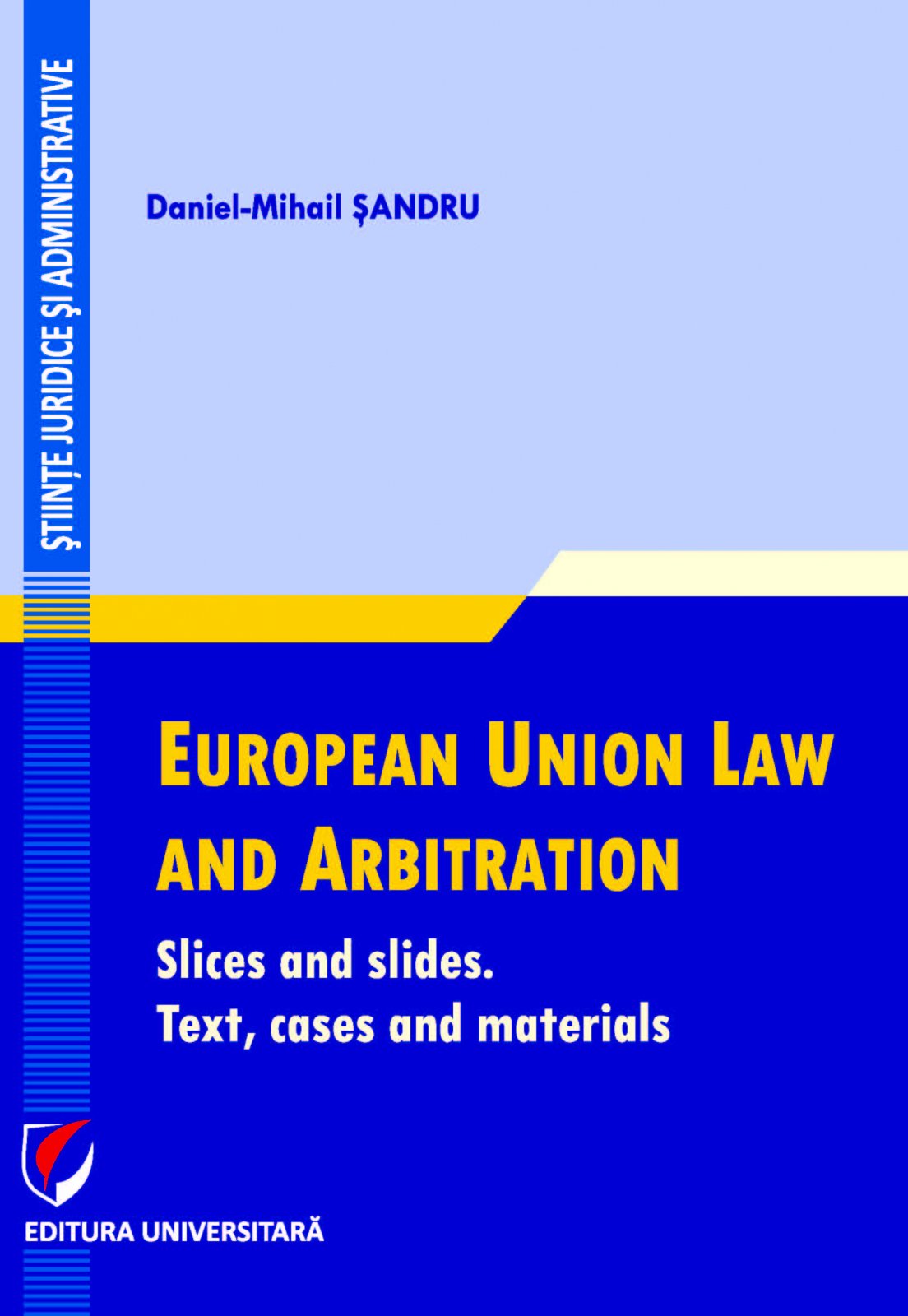Over the years, the Schengen system has decidedly brought important economic benefits. The combination of a rising number of asylum-seekers, increasing migratory pressure, security concerns and a fragile economic recovery has put the Schengen area under stress, and called into question its functioning. A ‘wave-through’ approach applied by some Member States led to the creation of a route through the Western Balkans, allowing mixed flows of asylum-seekers and economic migrants to travel across external and internal EU borders. In response, several Member States reintroduced temporary internal border controls to manage increasing flows of entrants. Over the past year, several Schengen countries have temporarily reintroduced controls and serious deficiencies in the application of the Schengen acquis may trigger suspensionfrom Schengen of one Member State. The long-term suspension of Schengen, however, is not foreseen in the current legal framework. The effectiveness of such a measure in terms of addressing the migratory challenge is questionable if not matched with the strengthening of common external border controls, a revision of the Dublin system and the reinforcement of the Common Asylum System. Suspending Schengen may also entail the weakening of police andjudicial cooperation on terrorism and organised crime.
Listen to podcast: Schengen area [Policy podcast]
































Lasă un comentariu